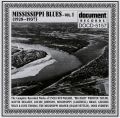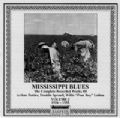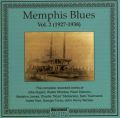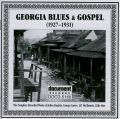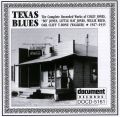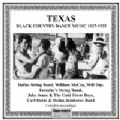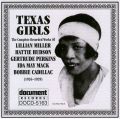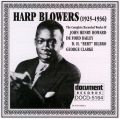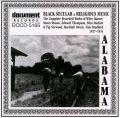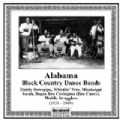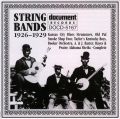"Document 5000 Series "
Viewing 157 to 168 of 700
|
Mississippi Blues Vol 1 1928 - 1937 More Info on our New Store >> |
||
|
Mississippi Blues Vol 2 1926 - 1935 More Info on our New Store >> |
||
|
Memphis Blues 1927 - 1938 More Info on our New Store >> |
||
|
Georgia Blues & Gospel 1927 - 1931 More Info on our New Store >> |
||
|
Texas Blues 1927 - 1935 More Info on our New Store >> |
||
|
Texas Black Country Dance Music 1927 - 1935 More Info on our New Store >> |
||
|
Texas Girls 1926 - 1929 More Info on our New Store >> |
||
|
Harp Blowers 1925 - 1936 More Info on our New Store >> |
||
|
Alabama Black Secular & Religious Music 1927 - 1934 More Info on our New Store >> |
||
|
Alabama Black Country Dance Bands 1924 - 1949 More Info on our New Store >> |
||
|
String Bands 1926 - 1929 More Info on our New Store >> |
||
|
Carolina Blues 1937 - 1947 More Info on our New Store >> |
||

